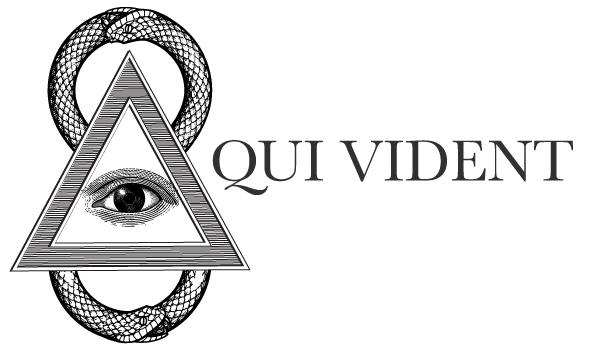Estrangement
One has to be careful with terms in any theological perspective. As Thelemites, when the term existential estrangement is used, many have the unfortunate outlook to think that it means "broken" or "worthless" or "cast away." But we do not mean any kind of essential separation from the ground of being (Nuit). The Prophet says over and over in his works that we are God of Very God. "Although each star has its own number, each number is equal and supreme. Every man and every woman is not only a part of God, but the Ultimate God. […] The old definition of God takes new meaning for us. Each one of us is the One God. […] Each simple elemental Self is supreme, Very God of Very God" (Commentary to AL 1.4).
This is why the concept of the Pleroma is so dangerous. It declares that each of us contain a "spark," only a piece of the Ultimate, a broken and separated caricature crawling to get back to that Ultimate. The assumptions of this perspective are immense but suffice to say that we are not beasts crawling up an imaginary Tree in order to gain eternal and perfected life. We already have an eternal and perfected state. We’re in it now, right now, this very moment, each and every moment, no matter how perception of the moment as arbitrarily "good" or "bad" or "indifferent."
But this realisation comes with some very difficulty struggles and pitfalls. To understand that one is perfect already, that one is not broken, that one experiences the encounters of existence for the very purpose of the interplay of the ground of being [Nuit] with the ground of becoming [Hadit], all this can be a dangerous complex that has to be resolved in order to truly revel in the joys of that interplay itself.
(unfinished)
Attribution
No part of this publication may be used or redistributed for any purpose without the express prior written consent of the author.
Canons of Thelemic Philosophy & Religion © 1996-2024 by Qui Vident.

Comments
If you wish to comment about the materials here, feedback is welcome. Feel free to email questions, comments, and concerns regarding the Canons to curate@quivident.co.